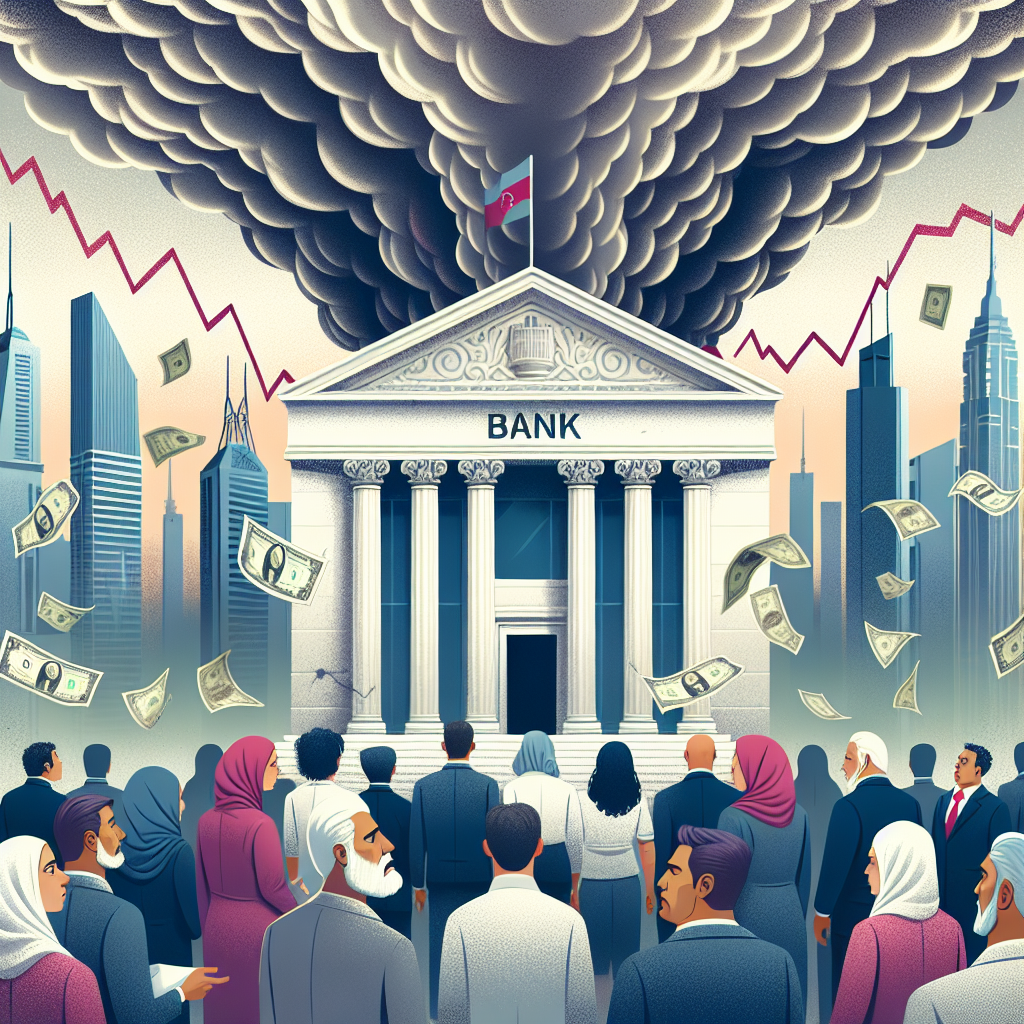Libya's Central Bank Crisis: Struggle for Control Amidst Political Turmoil
Libya's central bank faces a crisis with foreign banks cutting off transactions, while internal payments continue under a disputed board. Exiled governor Sadiq al-Kabir seeks reinstatement through U.N.-backed negotiations. Political factions remain divided over his removal, complicating a long-term resolution.

Libya's central bank, at the heart of a weeks-long crisis that has severely impacted oil production, remains ostracized from the international financial system, according to its long-standing governor who was ousted in a contested political move, Reuters reported on Thursday.
Sadiq al-Kabir, speaking from Istanbul, revealed that the central bank board, appointed by western Libyan factions, controls the country's internal payments system, but foreign banks have ceased transactions. 'All international banks that we deal with, over 30 major institutions, have suspended all transactions,' he disclosed, while he maintains contact with entities like the IMF, U.S. Treasury, and JPMorgan.
Kabir noted that although Libya's internal payment systems are operational, international access to balances or deposits is halted. In contrast, the disputed board claims it has issued letters of credit in foreign currencies and denies the suspension of foreign transactions. Kabir seeks reinstatement via U.N.-funded negotiations between the eastern parliament and the High State Council in Tripoli.
While both the parliament and HSC contest his removal, the decade-long rivalry between bodies suggests a challenging path to a lasting solution, analysts predict.
(With inputs from agencies.)
ALSO READ
IMF Kicks Off Critical Review Amid Ukraine's Wartime Reshuffle
Ukraine's Challenging IMF Talks Amid Economic Growth and War Costs
Pakistan Halts New Economic Zones Amid IMF Conditions
IMF Reaches Preliminary Agreement for $1.1 Billion Aid to Ukraine
Global Crises: Mpox in Africa, Typhoon Havoc in Asia, IMF and War Updates










